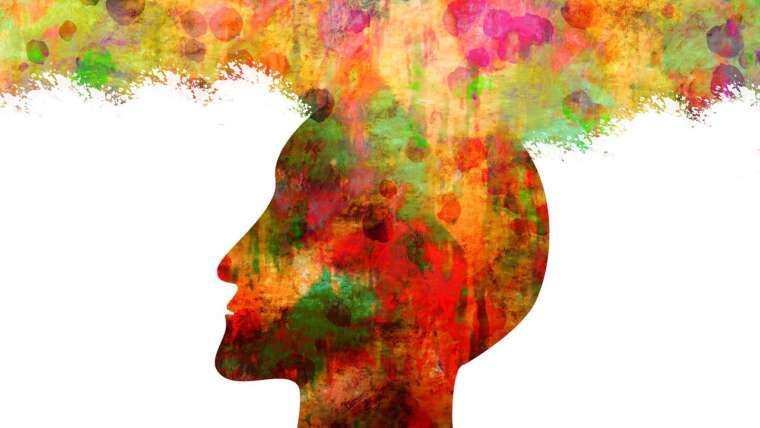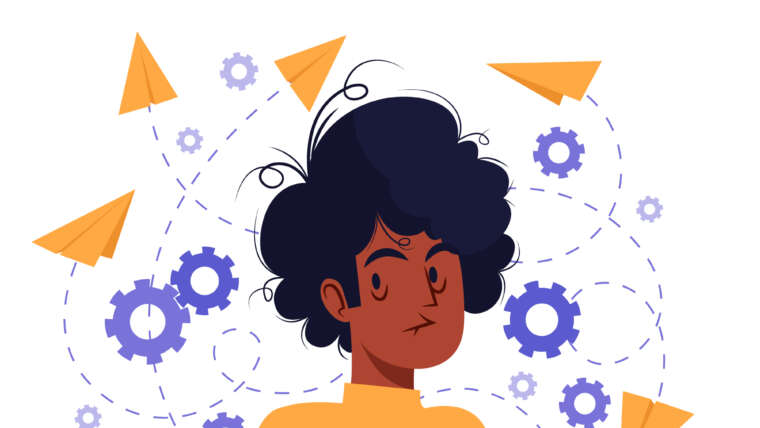Feeling like an outsider can be an isolating and disheartening experience. It’s a sensation that can be triggered by a variety of circumstances, often leading to feelings of loneliness, disconnection, and a profound sense of not belonging. However, it’s important to note that this isolated state can also pave the path to personal growth and self-discovery. In this article, we delve into the concept of feeling like an outsider, its potential causes, implications, and actionable strategies for effectively overcoming this state.

Table of Contents
- 1 Understanding the Outsider Phenomenon
- 2 The Psychological Importance of Belonging
- 3 The Impact of Childhood Experiences
- 4 The Outsider Within: Recognizing the Internal Struggle
- 5 Embracing Your Individuality: The Key to Overcoming the Outsider Complex
- 6 The Power of Self-Realization
- 7 Building a Sense of Belonging
- 8 The Outsider’s Advantage
- 9 Healing the Wounds of Outsiderness
- 10 Embracing the Journey
Understanding the Outsider Phenomenon
Feeling like an outsider is a complex psychological state characterized by a sense of disconnection or alienation from a group, community, or even society at large. While everyone may experience this sensation at certain points in their lives, for some, it becomes a persistent state of being, affecting their self-esteem, relationships, and overall quality of life.
The Psychological Importance of Belonging
Human beings are inherently social creatures and can often feel like an outsider looking in, and the need to belong is deeply ingrained in our psyche. From an evolutionary perspective, belonging to a group was crucial for survival. As society evolved, each individual began to contribute in different ways to the overall health and success of a community, further emphasizing the importance major benefits of belonging to social groups.
On a psychological level, theories like Erik Erikson’s stages of human development and Abraham Maslow’s hierarchy of needs highlight the crucial role of a sense of belonging in our overall well-being and personal development.
The Impact of Childhood Experiences
Many of those who perpetually feel like outsiders often trace the roots of this sensation back to their childhood. A variety of scenarios could lead to the development of this social outsider complex in childhood:
- Being physically or emotionally different from other family members.
- Representing a resented individual to a parent.
- Rejection by a parent due to inherent emotional characteristics.
- Being blamed by parents for their own problems or circumstances.
These experiences can leave a lasting impact, shaping one’s self-perception and interactions with others.
The Outsider Within: Recognizing the Internal Struggle
Sometimes, the sensation of being an outsider stems from our own thoughts and emotions. In many cases, individuals fit in perfectly fine but perceive themselves as outsiders due to their own self-image or self-critical tendencies.
It’s imperative to recognize that these negative thoughts about oneself can be self-fulfilling prophecies. By continually telling ourselves that we don’t belong, that we’re different, or that we’re not good enough, we unconsciously create barriers that prevent us from truly fitting in.
Embracing Your Individuality: The Key to Overcoming the Outsider Complex
One of the most empowering ways to overcome the feeling of being an outsider is to embrace your individuality. Rather than perceiving your differences as barriers to fitting in, view them as unique attributes that make you stand out.
The Power of Self-Realization
Feeling like an outsider can prompt a deep internal reflection, leading to self-realization. It can push individuals to delve deep into their psyche, make new friends, explore their passions, and understand what truly makes them happy. This self-realization often acts as a catalyst for personal growth and self-improvement, enabling individuals to rise above the unsettling feeling of not belonging and find their true meaning and purpose.
Building a Sense of Belonging
Building a sense of belonging involves creating connections with like-minded individuals, pursuing your passions, and finding a community that appreciates you for who you are. Whether it’s a like minded group making friends, joining a club related to your interests, engaging in group conversations with a supportive online community, or simply forming deeper connections with the people around you, finding your tribe can significantly alleviate feelings of being an outsider.
The Outsider’s Advantage
While feeling like an outsider looking in can be challenging, it also comes with several advantages. Outsiders often possess a unique perspective, allowing them to see things differently and challenge the status quo. Their distinct viewpoints can lead to innovative ideas, creative solutions, and groundbreaking discoveries. Moreover, their journey to acceptance and belonging often fosters resilience, empathy, and a deeper understanding of themselves and others.
Indeed, being an outsider can sometimes be a blessing in disguise. It can be a source of strength and inspiration, a catalyst for personal growth and development. The process of adapting to new environments and cultures can sharpen one’s analytical abilities and critical thinking skills.
As they strive to find their place in unfamiliar territory, outsiders are often compelled to question and scrutinize established norms and traditions. This can lead to transformative insights that might remain elusive to those comfortably ensconced within their familiar social circles.
Bringing in outside ideas
Outsiders frequently bring an element of diversity that can enrich and enliven any group or community. Their different backgrounds, experiences, and perspectives can foster a spirit of inclusivity and mutual respect. They may introduce novel ideas, practices, or viewpoints that can stimulate intellectual growth and challenge conventional wisdom. Consequently, they can act as catalysts for change, driving innovation and progress in myriad ways.
Additionally, the outsider’s journey can engender a profound sense of empathy and compassion. As they grapple with feelings of alienation and strive to overcome barriers to acceptance, outsiders develop a deep, firsthand understanding of the challenges faced by others in similar circumstances.
This can make them more sensitive to issues of social justice and equality, and more committed to advocating for those who may feel marginalized or may feel excluded.
Finally, the experience of being an outsider can foster self confidence and a strong sense of self-awareness. Navigating the complexities and pressures of an unfamiliar environment can force outsiders to confront their values, beliefs, and identity. This self-reflection can lead to a deeper understanding of oneself, promoting personal growth and fostering a strong, resilient sense of self.
Healing the Wounds of Outsiderness
The process of healing the wounds of being an outsider is not only about overcoming adversity but also about harnessing the power of personal growth and self mastery. It’s about acknowledging the strength in our uniqueness and turning it into a force for self-improvement and change.
As outsiders, we are given the opportunity to see the world from a different perspective. This unique viewpoint can lead to innovative ideas, novel solutions, and a fresh approach to life’s challenges.
By leveraging this perspective, we can cultivate resilience and adaptability, essential traits that empower us to thrive in diverse situations.
Moreover, the journey to self fulfillment and healing can foster a deep soul profound sense of self-awareness. This involves recognizing our inherent worth, challenging our self-limiting beliefs, and embracing our authentic selves. In the process, we learn to value our distinctive characteristics, which can significantly boost our self-esteem and confidence.
Therapy and professional support can play a crucial role in this healing journey. It can help process past traumas, develop coping mechanisms, and build a healthier relationship with ourselves and those around us. The path to recovery might be challenging, but the outcome is a more fulfilled, resilient, and self-accepting individual.
Embracing the Journey
In conclusion, feeling like an outsider looking in is more than just an isolated feeling of not belonging; it’s a journey and sacred path of self-discovery. Becoming a spiritually receptive person is not an easy task and sometimes a spiritual awakening is a never ending journey, but that’s the beauty of it. Building meaningful friendship groups helps one feel less like an outsider, will help with stress related illnesses, feelings of being terribly lonely, lone wolf syndrome, and one to not feel isolated and displaced. True connectedness begins when the ego dies.


